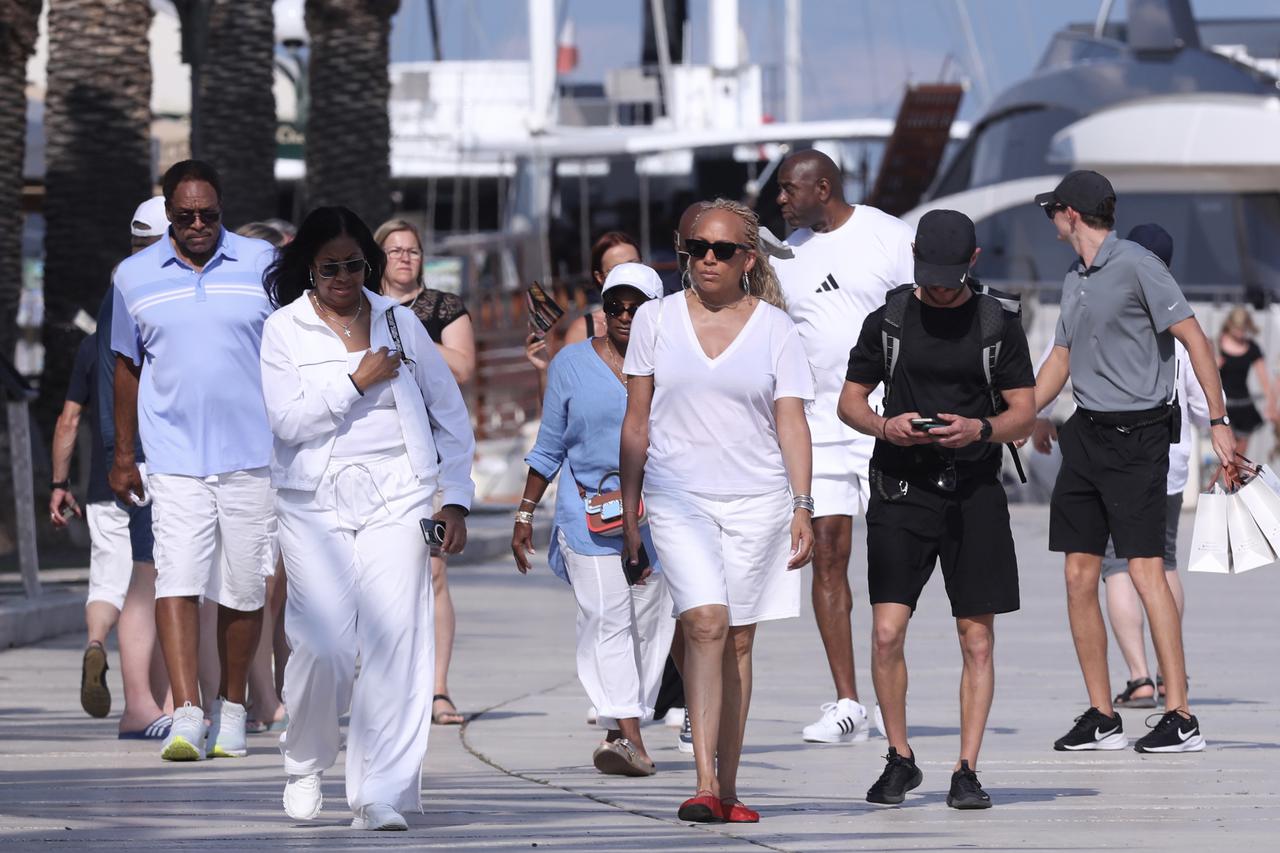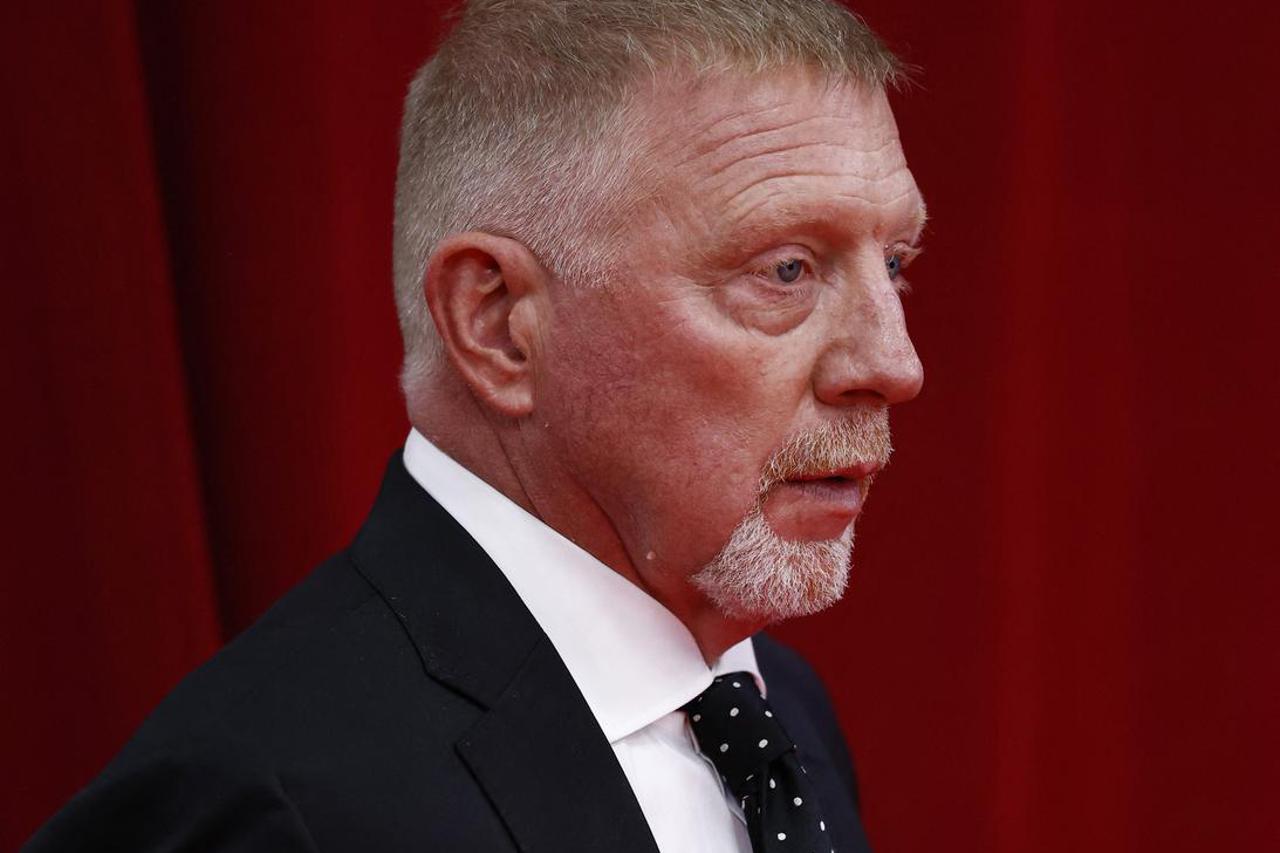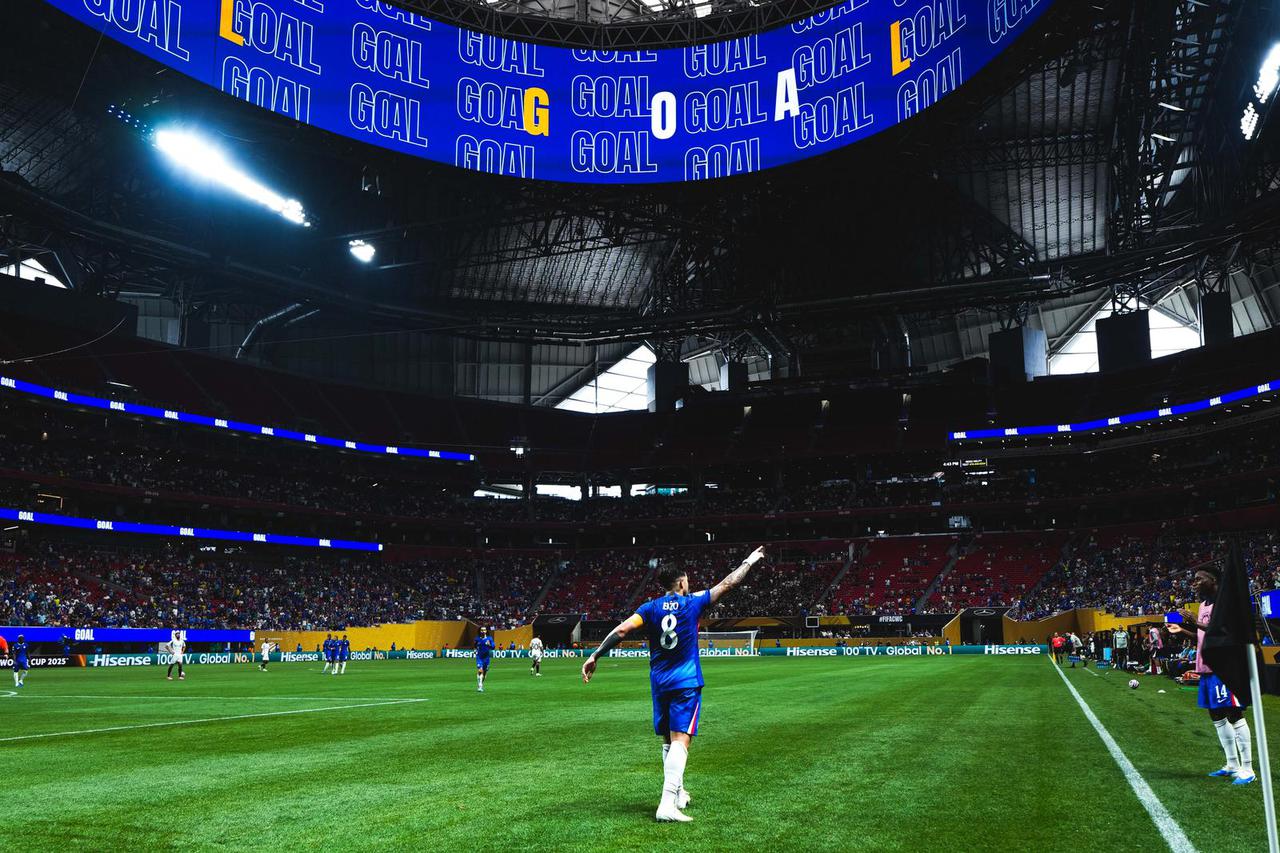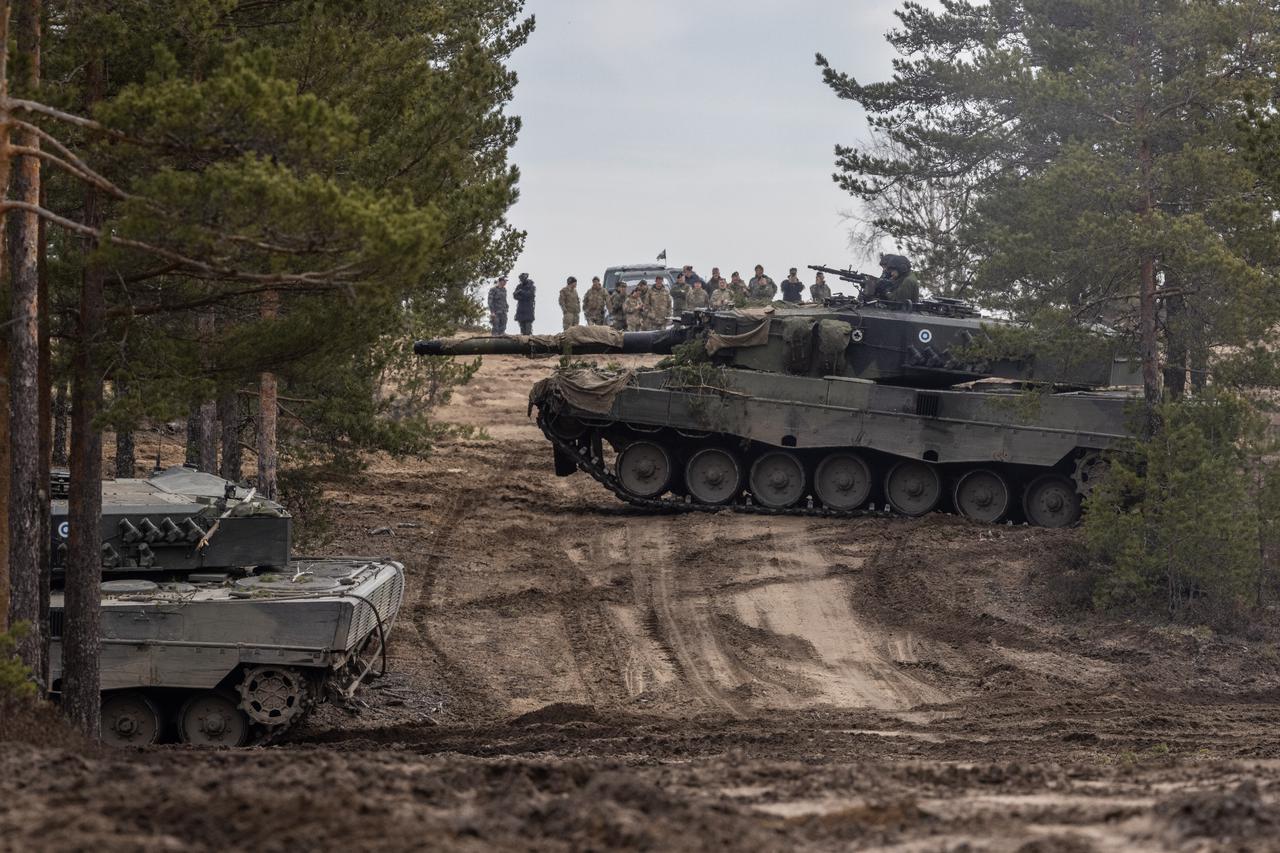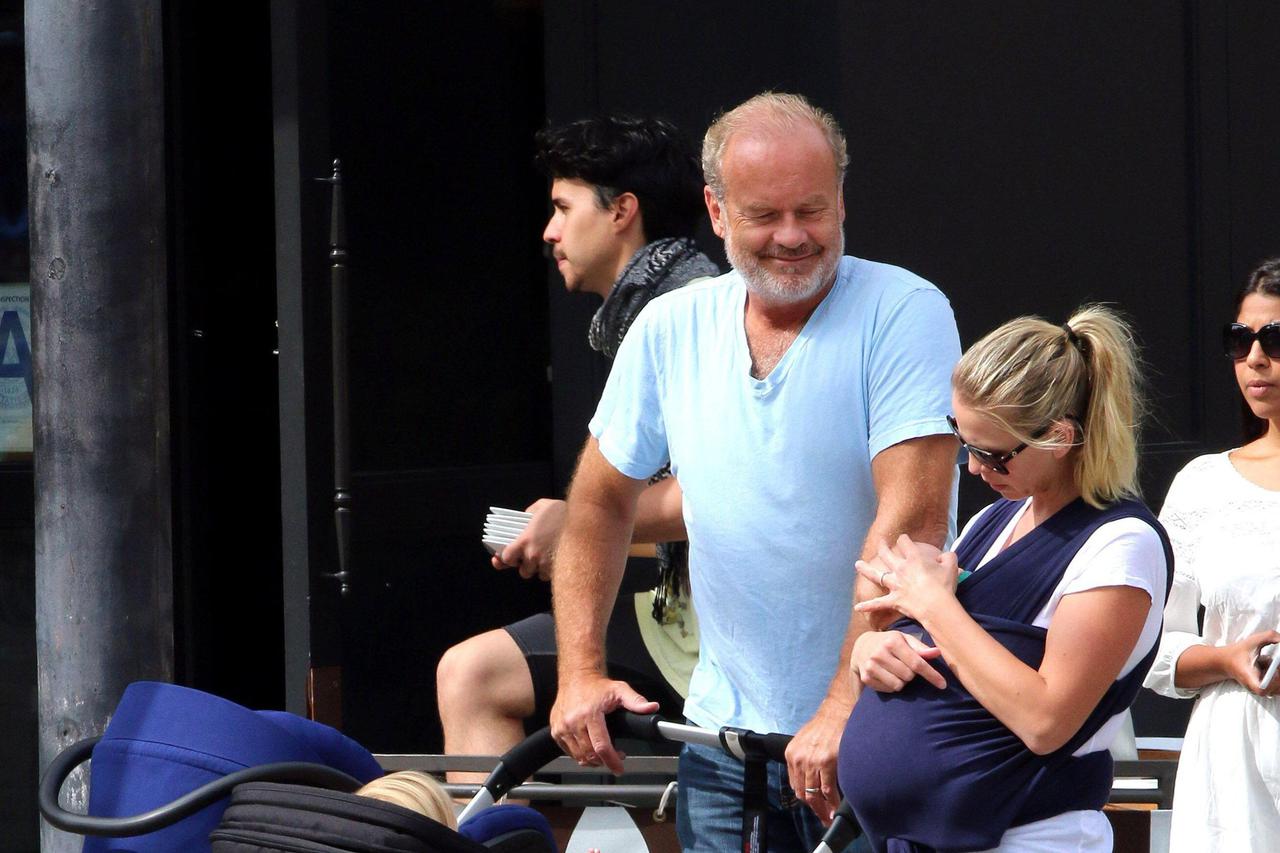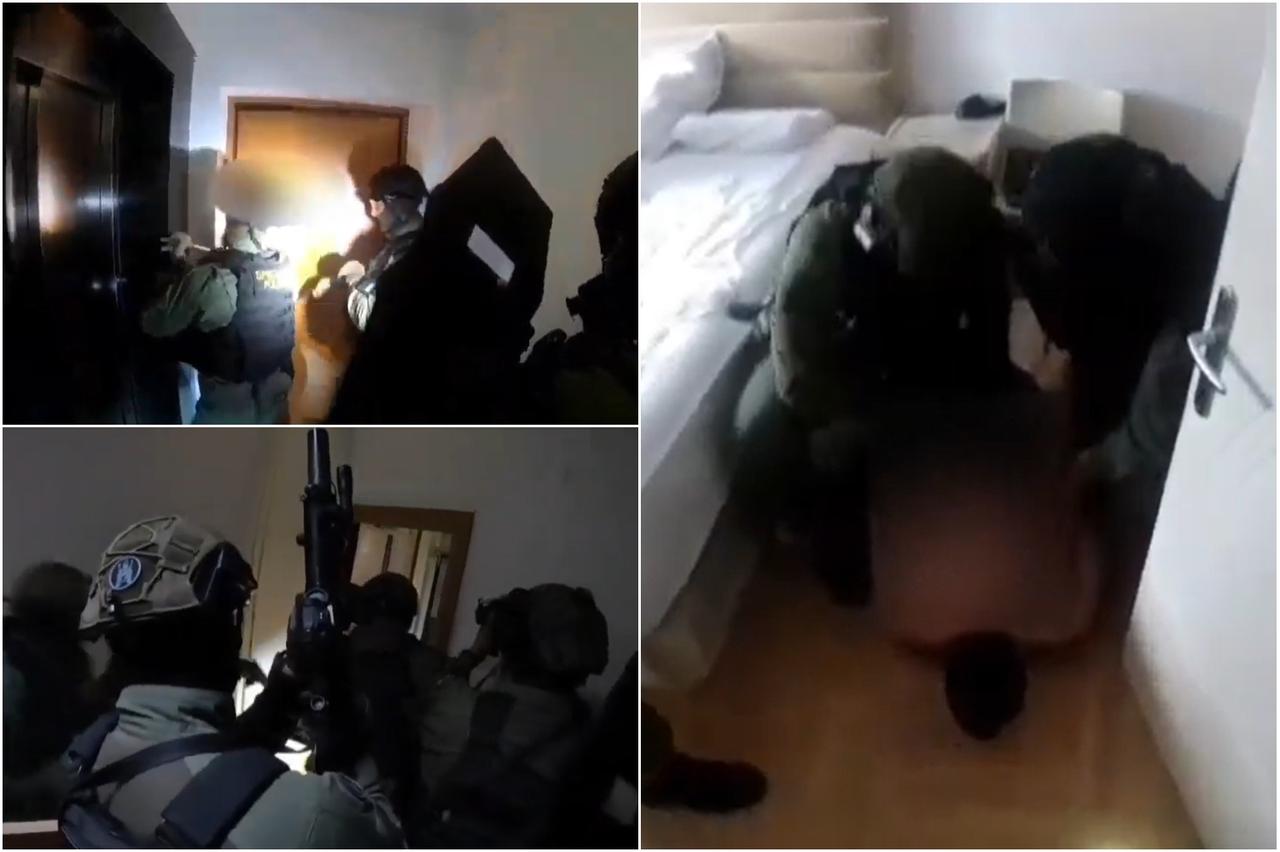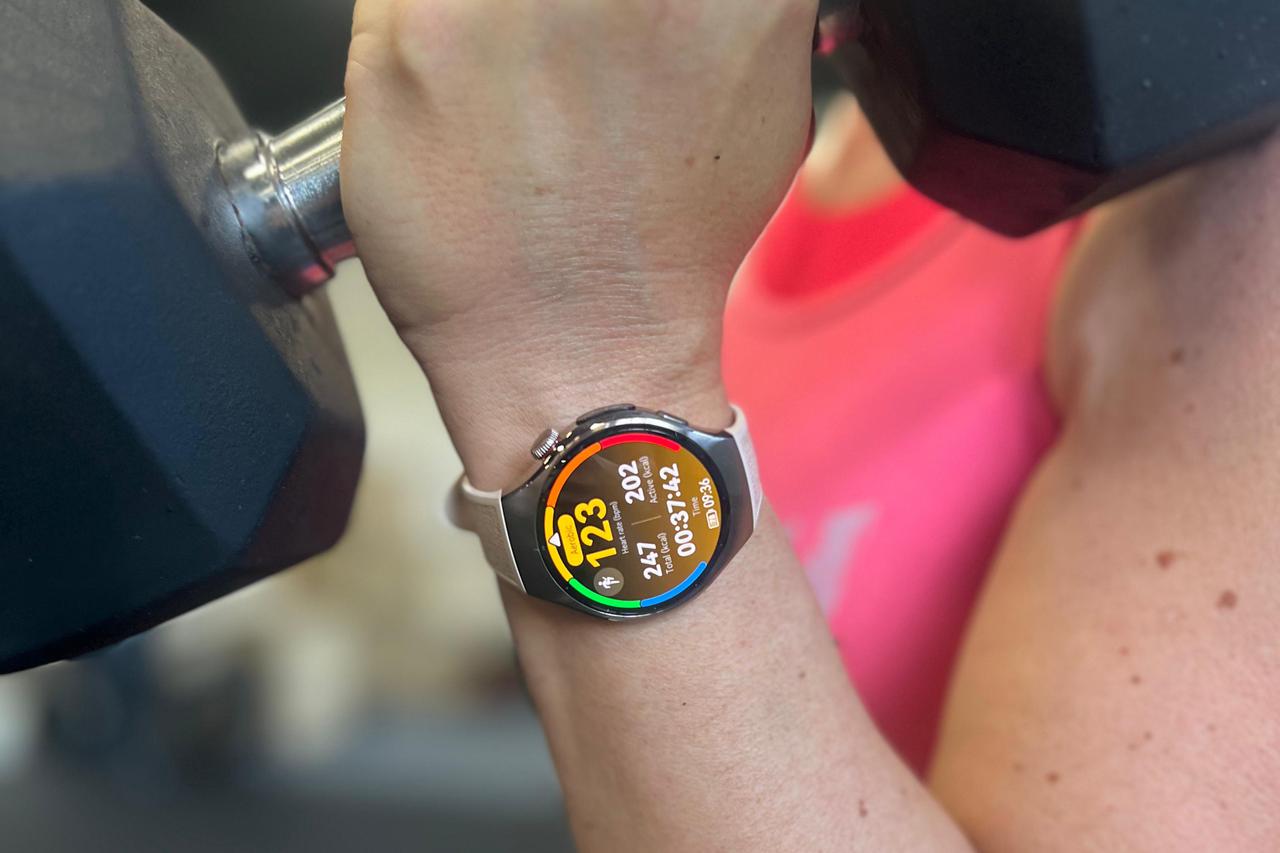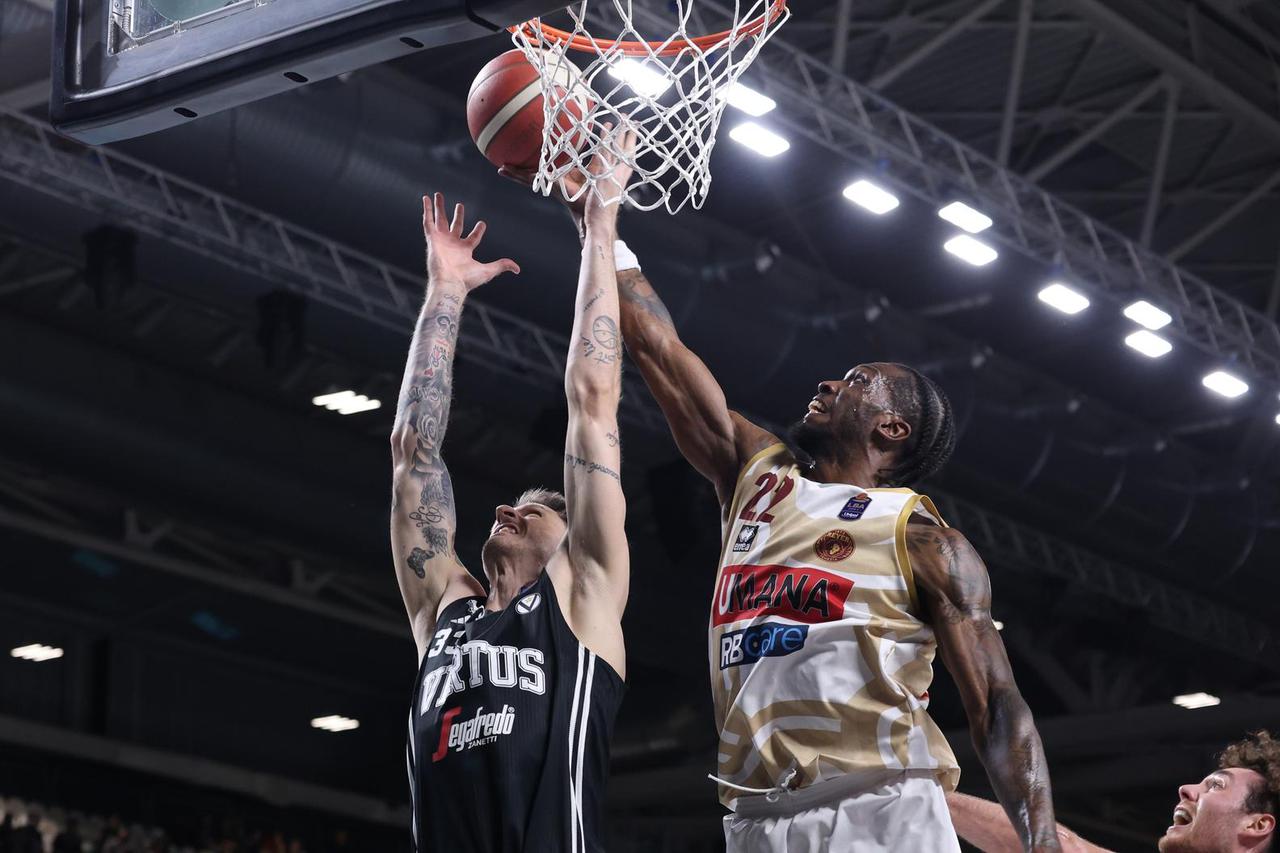The basketball club Cibona will not participate in the ABA League next season due to financial conditions it could not meet. The decision was made at the league assembly where Serbian and Slovenian clubs supported Cibona’s exclusion, while some clubs opposed it. Cibona was relegated from the ABA League for the first time last season and now refuses to move to the lower-tier ABA 2 league. A similar situation is with Sarajevo’s Bosna, which withdrew from the ABA League due to financial and infrastructural problems. These decisions highlight financial challenges and tensions within the regional basketball competition involving clubs from several former Yugoslav countries.
Political Perspectives:
Left: Left-leaning sources emphasize the financial difficulties faced by clubs like Cibona and Bosna, highlighting the economic disparities and the impact of regional politics on sports. They often criticize the dominance of wealthier clubs and the lack of support for smaller teams, framing the issue as a symptom of broader social and economic inequalities in the region.
Center: Centrist sources focus on the administrative and financial realities of running a regional league like the ABA. They report on the decisions made by the league assembly, the financial requirements imposed on clubs, and the consequences of these decisions for the competition’s structure. The narrative is balanced, presenting the perspectives of different clubs and stakeholders without strong bias.
Right: Right-leaning sources tend to emphasize national pride and the perceived unfair treatment of Croatian clubs like Cibona by Serbian and Slovenian clubs. They may frame the exclusion as a political or ethnic issue, criticizing the regional league’s management and advocating for Croatian clubs to focus on national competitions or alternative leagues. The narrative often includes skepticism towards the regional cooperation model.










